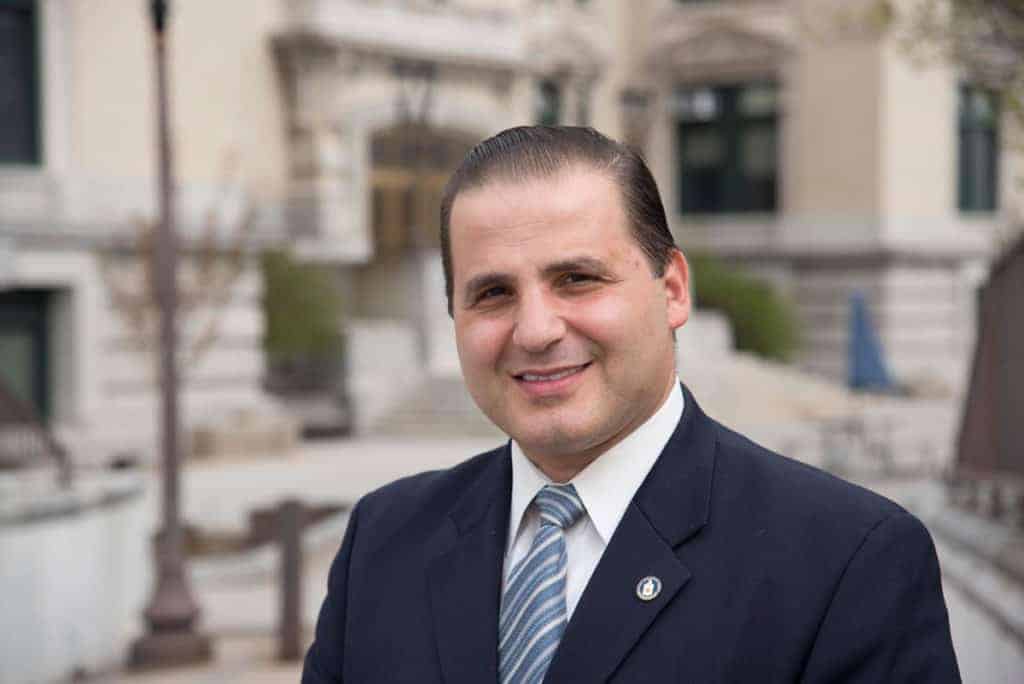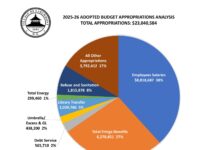
Mike Khader
By Mike Khader
As a parent, I’ve walked the intricate path of navigating my son’s journey with Autism Spectrum Disorder (ASD). In this journey, one beacon of hope has been the implementation of the Individualized Education Plans (IEPs). These plans have not only shaped my son’s educational trajectory but have also empowered him to navigate the challenges of ASD with confidence and resilience.
When I asked my son what his IEP means to him, his response was profound. He described it as his ‘way to be a success,’ a sentiment that has a transformative impact on his educational journey. This insight highlights the significance of personalized education plans in fostering a sense of collaboration and empowerment among students, teachers and parents that work with autism.
As we commemorate Autism Awareness Month, it’s imperative that we reaffirm our commitment to creating an inclusive and supportive environment for individuals on the autism spectrum. IEPs, play a pivotal role in achieving this goal. By tailoring learning strategies and accommodations to suit the unique needs of each student, we can ensure that every child has the opportunity to reach their fullest potential.
In the most basic description an IEP is a contract that provides students with disabilities a FREE, APPROPRIATE, PUBLIC EDUCATION (FAPE) that emphasizes special education and related services DESIGNED TO MEET THEIR UNIQUE NEEDS and prepare them for further education, employment and independent living.
Many times parents are unaware of the significance of the IEP and the Federal and State Laws that protect children. The Individuals with Disabilities Education Act, (IDEA), allows for the child the absolute right to be evaluated, at public expense, to determine eligibility for special education, The right of parents to participate in the development of the IEP along with members of the school districts members of the Committee for Special Education (CSE). Parents have the right to contest an IEP or the decisions made by the CSE
Autism Spectrum Disorder presents a diverse array of challenges, ranging from cognitive and social difficulties to sensory sensitivities. It’s crucial that our educational approach acknowledges and addresses these challenges in a holistic individual manner. Effective IEPs encompass assessment-driven objectives, interdisciplinary collaboration among specialists, environmental adjustments, social integration techniques, and continuous evaluation and flexibility. These key elements ensure that the educational experience is tailored to meet the individual needs of students with autism.
New York State Education Law and binding regulations of the Commissioner of Education are laws that must be enforced. I urge parents to familiarize themselves with these laws and regulations to protect their child.
Moreover, it’s essential to recognize the legal framework that underpins the implementation of IEPs. IDEA ensures that children with disabilities, including autism, receive FAPE in the least restrictive environment possible. This legal framework emphasizes the importance of personalized educational approaches in fostering academic and social success among students with autism.
As we strive to create a more inclusive educational landscape, it’s crucial to consider global perspectives and cultural considerations. Exploring how different countries and cultures address the educational needs of individuals with autism provides valuable insights into effective practices and approaches. Real-world success stories serve as a testament to the transformative impact of personalized education plans. These stories not only inspire but also offer practical guidance for parents, educators, and policymakers. By sharing these narratives, we can amplify the voices of individuals with autism and advocate for a more inclusive and supportive educational system.
Parents must be proactive participants in personalized education plans because it empowers parents and uplifts students with autism that allows then to thrive academically, socially, and emotionally. As we continue to commemorate Autism Awareness Month and beyond, let’s reaffirm our commitment to creating a more inclusive and supportive world for individuals on the autism spectrum. Through personalized education plans and unwavering support, we can ensure that every child has the opportunity to reach their fullest potential.
Mike Khader served as Yonkers City Council President from 2017-2021.





